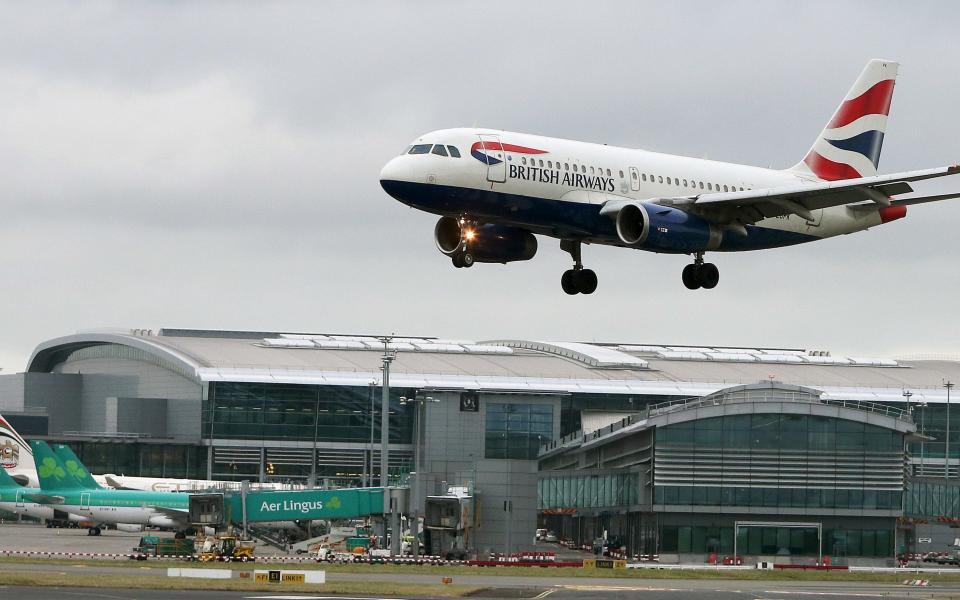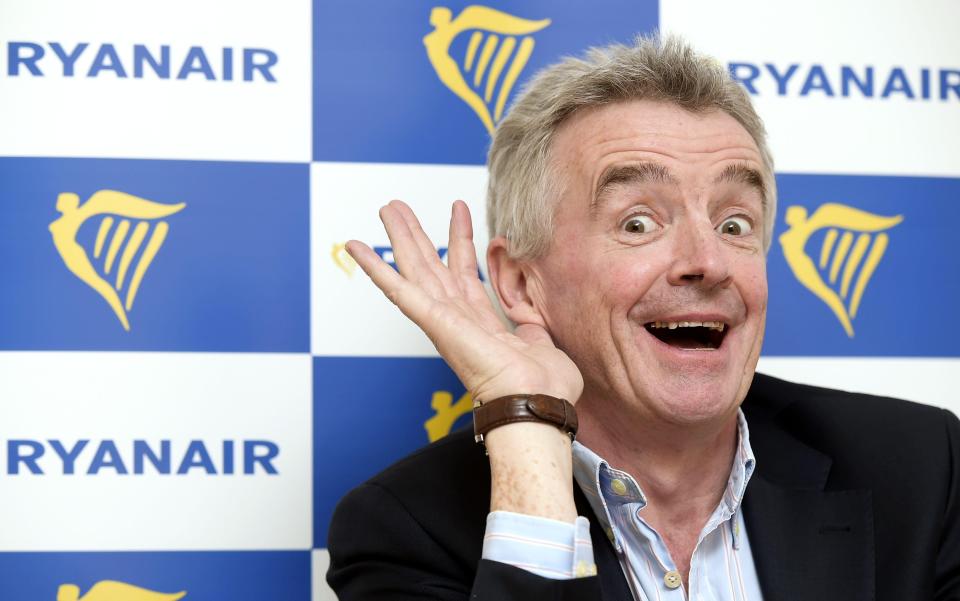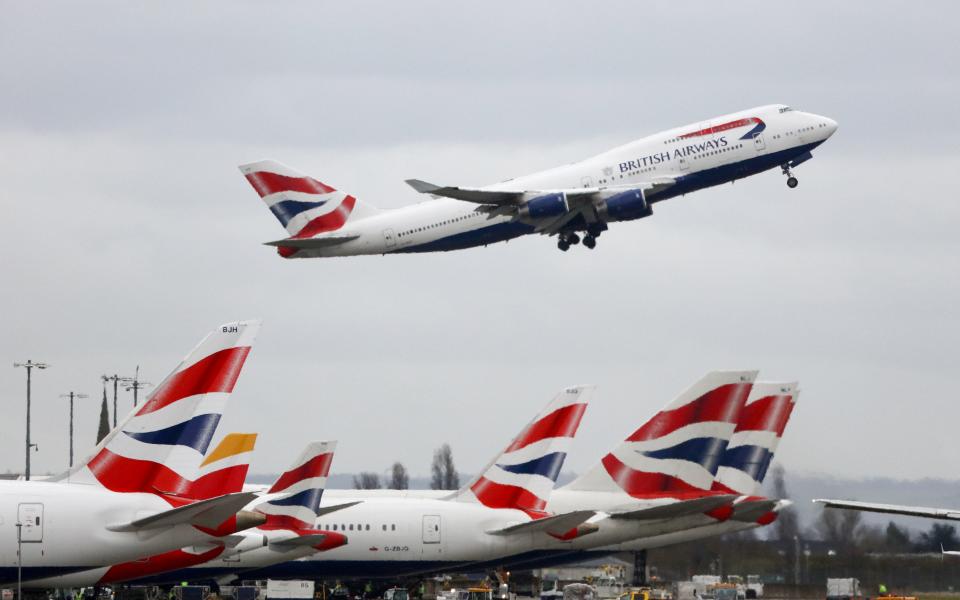What will Brexit mean for the UK airline industry?

UK-based airlines are clamouring to be at the front of the queue when negotiations over Brexit begin in earnest.
Meetings have been taking place between EU officials and airlines in recent weeks in a bid to flesh out the issues that need to be tackled for the travel sector.
There has been mounting concern from the airline industry that it could be hobbled if discussions between the UK and the EU turn acrimonious. The issue of Brexit is particularly acute for the airline industry given existing agreements allow companies to fly between the UK and EU - as well as between mainland European countries - and these will need be renegotiated before the UK formally exits the bloc.
A key sticking point is that the agreement, known in the industry as EU Open Skies, is overseen by the European Court of Justice, but Prime Minister Theresa May wants Britain to be unencumbered by ECJ rulings.
Most airlines have some form of contingency planning in place, and in many cases this is now being acted upon.
Revealed: The world's best airlines
EasyJet
The Luton-based company could be viewed as the most exposed to a hard Brexit because it is based in the UK and has only a UK and a Swiss air operator certificate, or AOC.
The UK AOC, as things stand, allows the company to fly between the UK and EU countries (and vice versa) as well as between EU states. To fly between EU states post-Brexit, it is likely to need another AOC, because Switzerland is not a member of the EU.
Just weeks after the EU referendum in June easyJet said it was in the process of applying for an EU AOC, which should be enough to allow it to operate intra-European flights after March 2019.
Currently only EU-owned airlines can operate flights within the EU - this means that 50.1pc of shareholders must be based in Europe.
There is some flexibility to this geographic limit: for example Norwegian Air is based in Norway, which is outside the EU.
However it should be noted that Norway sits within what is known as the European Economic Area, which includes all EU countries as well as Iceland, Liechtenstein and Norway, allowing the three latter nations to be part of the EU’s single market. It is increasingly unlikely that the UK will be a member of single market after Brexit.

Liberum transport analyst Gerald Khoo said the ownership and control structure that easyJet would be using - having multiple AOCs and operating companies - would be the same as that of Air France-KLM. Therefore, “if easyJet’s arrangements are challenged successfully [by the EU], Air France-KLM would have to be broken up too”.
A spokesman for easyJet said the company’s headquarters would remain in the UK post-Brexit and that it was 49pc owned by European shareholders at present, so crossing the 50.1pc threshold under European ownership rules should be simple enough to do.
Ryanair
The low-cost giant is already based in Dublin and will therefore remain an EU company even once Brexit is done and dusted. This means the Irish carrier will not have any problems with its flights between EU states.
However the UK is an important market for the airline and so it will be hoping for the existing regulations to be replicated to ensure barrier-free flying between Britain and the EU. If this does not happen and the existing EU Open Skies policy is not replicated, it might need to apply for a domestic UK AOC to fly its intra-UK routes.
A potential issue for the company is the make-up of its shareholders, over half of which must be in the EU for it to operate as before. Once the UK leaves the EU, the percentage of EU-based owners on the Ryanair register could drop, as much of its shareholder base consists of UK-based institutions.

To get around this, any fund managers holding the stock could simply switch ownership from one of their UK-domiciled retail funds, sometimes known as Oeics or unit trusts, into either Irish- or Luxembourg-based equivalents, often known as Sicavs.
IAG
British Airways, owned by International Airlines Group, does not fly any intra-continental routes and so would not be hit if the EU prevented UK airlines flying within the confines of the bloc after March 2019.
Furthermore, IAG’s other airlines include Spanish-based Iberia and Vueling, as well as Ireland-based Aer Lingus, meaning the wider group already possesses permission to fly within Europe.

As for ownership, IAG is the listed entity and trades on both the London Stock Exchange and Madrid bourse thanks to its Spanish registered office. The company declined to provide a breakdown by nationality of its shareholders but it said it would comply with EU regulations.
Qatar Airways owns 20pc of IAG, but it does so via its Luxembourg-based company, something that is likely to help it maintain the necessary 50.1pc ownership by EU-based investors to continue its operations.
Analysis | Brexit impact on airline industry

 Yahoo Finance
Yahoo Finance 